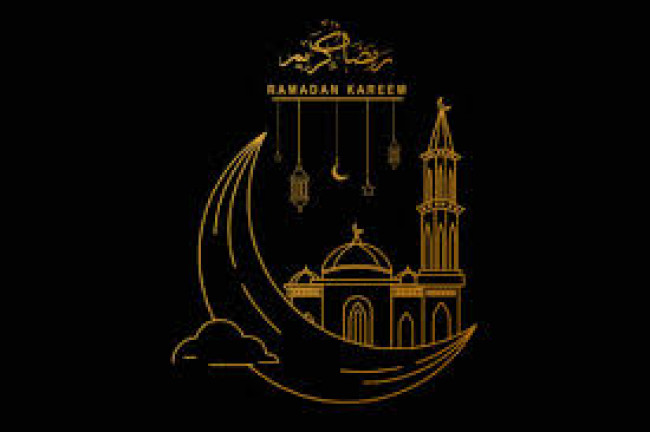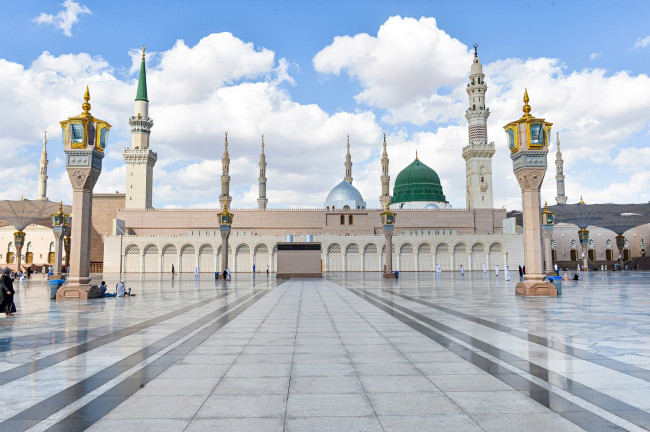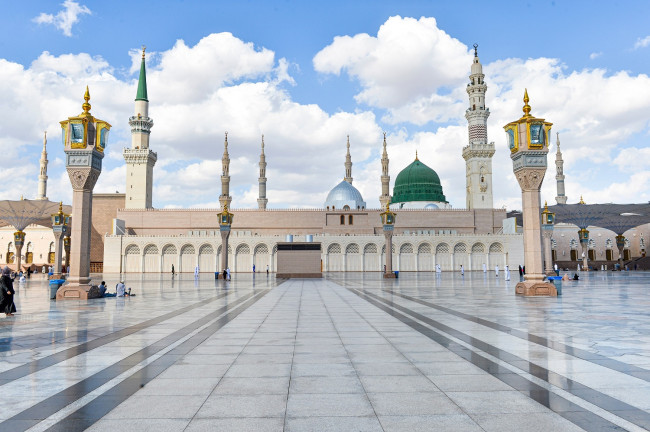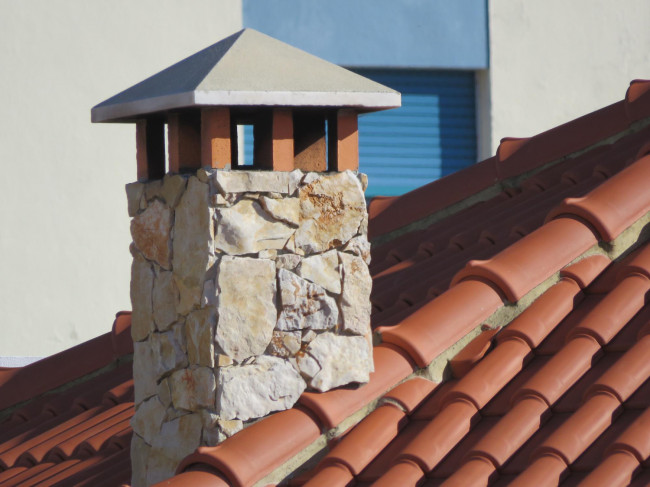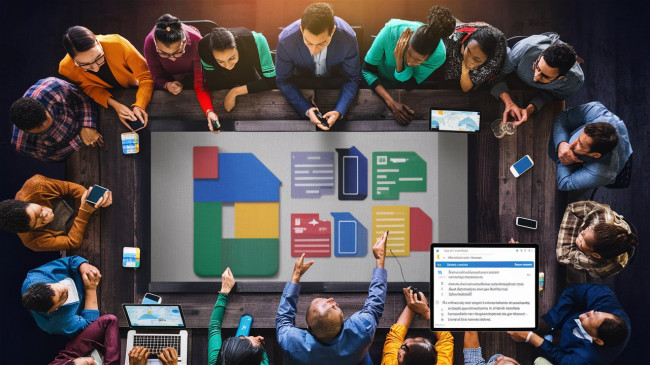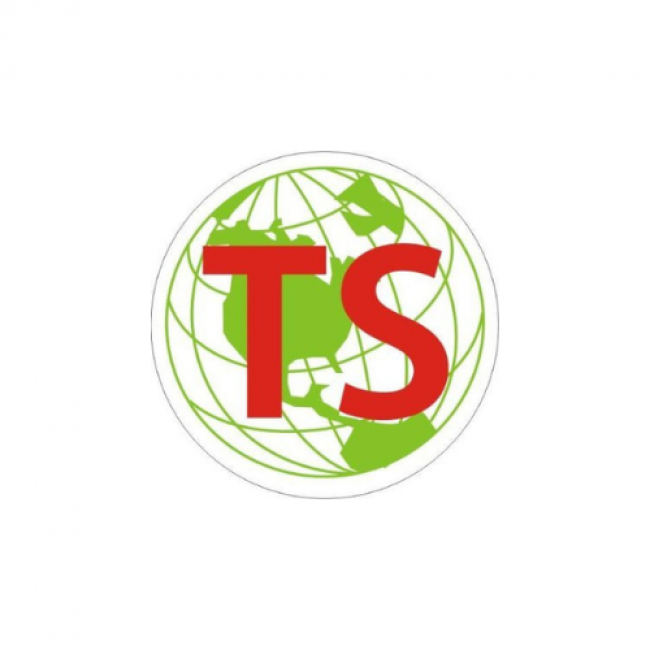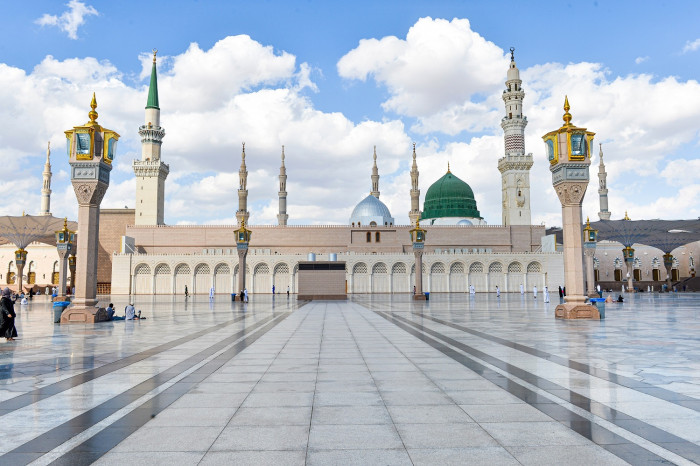
Ramadan Kareem! As the crescent moon graces the night sky, Muslims around the world welcome the holiest month of the Islamic calendar with open hearts and minds. Ramadan is more than just abstaining from food and drink; it is a time of spiritual renewal, reflection, and acts of kindness. Let us delve into the essence of Ramadan and the virtues it embodies.
The Significance of Ramadan: Ramadan holds immense significance in Islam as it commemorates the revelation of the Quran to Prophet Muhammad (peace be upon him). It is a time for Muslims to strengthen their relationship with Allah through fasting, prayer, and increased devotion.
Fasting: A Spiritual Journey: At the core of Ramadan lies the act of fasting from dawn until sunset. Fasting is not merely abstaining from food and drink; it is a spiritual journey that cultivates self-discipline, empathy, and gratitude. By experiencing hunger and thirst, Muslims develop a deeper appreciation for the blessings bestowed upon them and empathize with the less fortunate.
Reflection and Self-Improvement: Ramadan provides an opportunity for introspection and self-improvement. Muslims engage in increased prayer, recitation of the Quran, and contemplation of their actions. It is a time to seek forgiveness, reconcile with others, and strive for personal growth.
Acts of Generosity and Charity: Generosity and charity are integral aspects of Ramadan. Muslims are encouraged to give to those in need, whether through Zakat (obligatory charity) or Sadaqah (voluntary donations). The spirit of giving permeates communities as individuals come together to provide iftar meals to the less fortunate, distribute food baskets, and support charitable causes.
Community and Brotherhood: Ramadan fosters a sense of community and brotherhood among Muslims. Families gather for iftar meals, mosques buzz with congregational prayers, and neighborhoods come alive with the spirit of Ramadan. The sense of unity and solidarity transcends borders and brings Muslims from diverse backgrounds together in worship and celebration.
The Night of Power: Laylat al-Qadr: Among the nights of Ramadan is Laylat al-Qadr, the Night of Power, which holds immense significance in Islam. It is believed to be the night when the Quran was first revealed to Prophet Muhammad (peace be upon him) and is described as "better than a thousand months" (Quran 97:3). Muslims devote the last ten nights of Ramadan to intense worship and seeking the blessings of Laylat al-Qadr.
As we embark on this sacred journey of Ramadan, let us embrace its teachings of compassion, humility, and gratitude. Let us strive to purify our hearts, strengthen our bonds of brotherhood, and extend a hand of generosity to those in need. May this month be a source of spiritual rejuvenation, blessings, and divine mercy for all. Ramadan Kareem!
Almahad offers Best Umrah Packages from India. Book 5, 4 & 3-star Premium and Deluxe Packages for Umrah. Flights, Hotels, Transfers, Ziyaraats, and Visa included.
Ramadan Kareem: Frequently Asked Questions
As the blessed month of Ramadan approaches, many individuals have questions about its significance, practices, and observances. Here are some frequently asked questions related to Ramadan:
What is Ramadan?
Ramadan is the ninth month of the Islamic lunar calendar, observed by Muslims worldwide as a month of fasting, prayer, reflection, and community.
When does Ramadan begin and end?
Ramadan begins with the sighting of the crescent moon and ends with the sighting of the next new moon, typically lasting 29 or 30 days.
Why do Muslims fast during Ramadan?
Fasting during Ramadan is one of the Five Pillars of Islam and is obligatory for adult Muslims. It is a spiritual practice aimed at developing self-discipline, empathy, and closeness to Allah.
What are the timings of fasting during Ramadan?
Muslims fast from dawn (Fajr) until sunset (Maghrib), abstaining from food, drink, smoking, and marital relations during daylight hours.
Can Muslims break their fast if they are sick or traveling?
Yes, Islam provides exemptions for individuals who are sick, traveling, pregnant, nursing, menstruating, or experiencing other conditions that make fasting difficult or harmful.
What is iftar and suhoor?
Iftar is the evening meal with which Muslims break their fast at sunset, while suhoor is the pre-dawn meal eaten before the start of the fasting day.
What is Laylat al-Qadr (the Night of Power)?
Laylat al-Qadr, often translated as the Night of Power, is considered the holiest night of the year in Islam. It is believed to occur within the last ten nights of Ramadan and marks the revelation of the Quran to Prophet Muhammad (peace be upon him).
What are the benefits of fasting during Ramadan?
Fasting during Ramadan has numerous physical, spiritual, and social benefits, including promoting self-discipline, empathy, gratitude, and mindfulness.
Is charity emphasized during Ramadan?
Yes, charity (Sadaqah) and obligatory almsgiving (Zakat) are highly emphasized during Ramadan. Muslims are encouraged to give generously to those in need, support charitable causes, and provide iftar meals for the less fortunate.
How can non-Muslims support their Muslim friends and colleagues during Ramadan?
Non-Muslims can show support and respect for their Muslim friends and colleagues during Ramadan by being understanding of their fasting, participating in interfaith dialogues or iftar events, and offering words of encouragement and solidarity.
Can children participate in fasting during Ramadan?
While fasting is not obligatory for children, many families encourage their children to participate gradually as they reach puberty to instill the values of Ramadan.
What foods are typically consumed during iftar and suhoor?
Traditional iftar meals often include dates, water, fruits, soups, and a variety of savory and sweet dishes. Suhoor meals focus on providing sustained energy throughout the day and may include complex carbohydrates, protein-rich foods, and plenty of fluids.
Are there specific prayers or rituals performed during Ramadan?
In addition to the five daily prayers (Salah), Muslims engage in special prayers called Taraweeh, which are performed in congregation after the Isha prayer during Ramadan nights.
Can individuals who are not fasting still participate in Ramadan activities?
Yes, individuals who are not fasting due to valid reasons can still participate in Ramadan activities such as prayers, Quran recitation, community iftars, and charitable activities.
How do Muslims celebrate Eid al-Fitr at the end of Ramadan?
Eid al-Fitr, the Festival of Breaking the Fast, marks the end of Ramadan and is celebrated with prayers, feasting, social gatherings, and acts of charity. It is a time of joy, gratitude, and renewed spiritual commitment.
As Ramadan approaches, may these answers provide clarity and understanding about the significance and practices of this blessed month. Ramadan Kareem to all!

